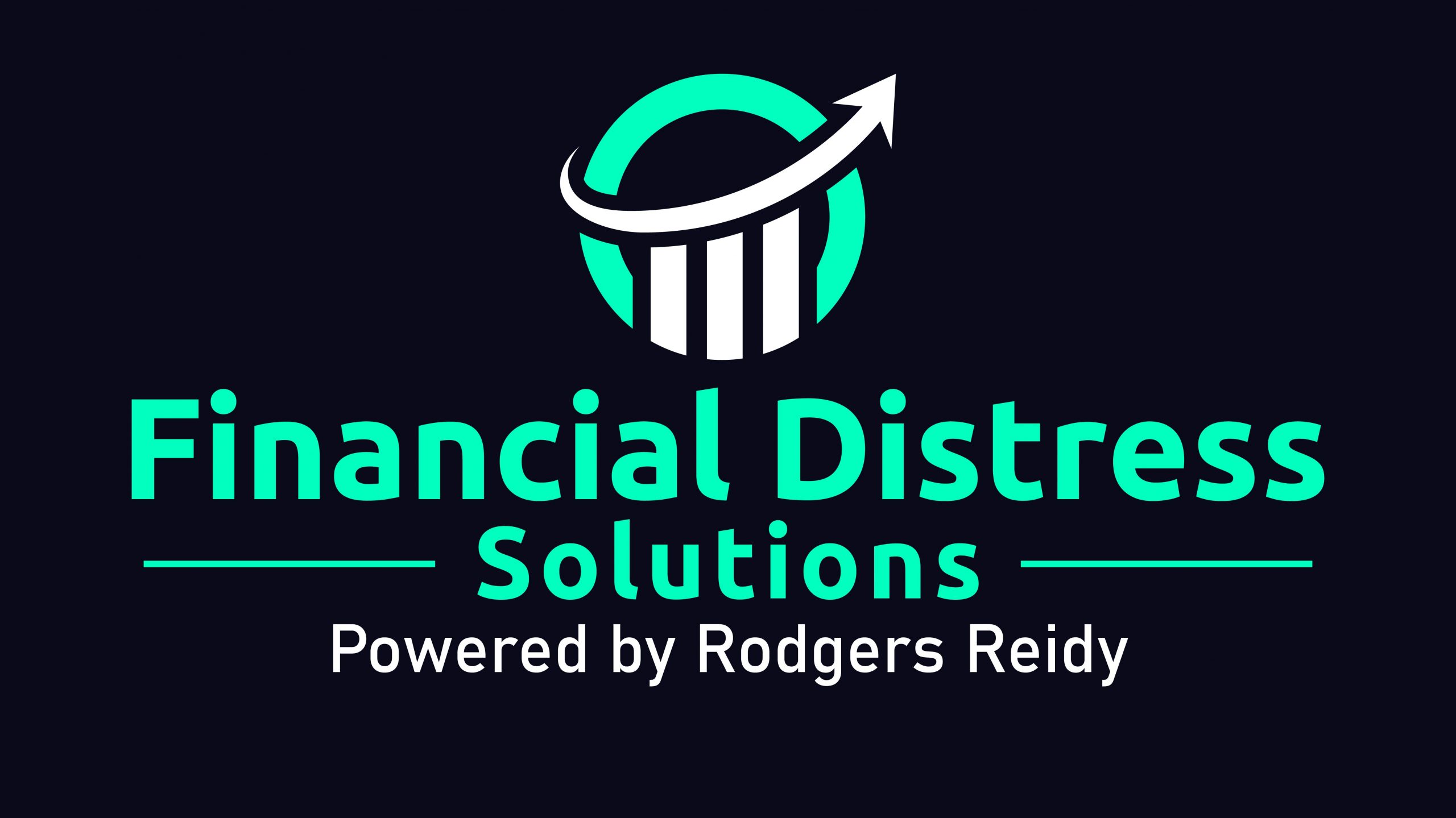Debt Agreements or Part IX Agreements are a formal agreement between you and your creditors where your creditors agree to accept an amount of money, normally less than the full amount in full and final satisfaction of the debt and you will be released from the debts once all payments and obligations under the agreement have been satisfied.
In order to propose a Debt Agreement, you must be able to satisfy the following criteria:
- You have not been bankrupt, entered into Debt Agreements or appointed a Controlling Trustee in the last 10 years;
- You have unsecured debts, income and assets less than the prescribed limits which are currently:
Unsecured Debts – $115,773.80;
After tax income – $86,800.35; and
Unsecured Assets – $115,773.80.
- You are insolvent, meaning you are unable to pay your debts as and when they fall due.
If you satisfy the above criteria, the Debt Agreements process are as follows:
You should consult a Registered Trustee (‘RT’) or Debt Agreement Administrator (‘DAA’) to discuss what your proposal will be and how you can afford to propose Debt Agreements. You must read and sign the prescribed information regarding debt agreements.
With the assistance of your RT or DAA you will need to complete:
-
-
- A debt agreement proposal.
- An explanatory statement; and
- A Statement of Affairs (the “Proposal Documents’).
-
The Proposal Documents must be filed with the Australian Financial Security Authority (‘AFSA’) within 14 days of being signed and must be accompanied by a certificate signed by your RT or DAA which certifies that:
-
-
- The RT or DAA has given you the prescribed information;
- The RT or DAA is satisfied that you can afford to make the payments in accordance with your proposal; and
- The RT or DAA is satisfied that you have properly disclosed your financial circumstances in the Proposal Documents.
-
AFSA will review the Proposal Documents upon receipt to confirm that satisfy the eligibility criteria. AFSA will then send a report to each of your creditors with copies of your debt agreement proposal and explanatory statement and request they vote on whether to accept or reject your proposal. The voting period is normally five weeks. After the voting period has ended, AFSA will review the votes to determine if your proposal has been accepted. In order for your proposal to be accepted, a majority in value of your creditors must vote in favour. If you proposal is accepted, all creditors are bound by the agreement, even if they voted against it. You must comply with your obligations under the agreement and remit payments to your RT or DAA. Your RT or DAA will collect the funds and distribute them to your creditors as set out in the debt agreement proposal.
Proposed Legislative changes to Debt Agreements
With effect from 27 June 2019 changes will be implemented to the Debt Agreement regime in accordance with the Bankruptcy Amendment (Debt Agreement Reform Act 2018.
The key reforms are:
– Debtors will not be eligible to propose a debt agreement if their “Payment to income ratio” does not meet the prescribed rate – this rate is yet to be released by the Attorney General.
– The asset threshold will be increased (doubled) from $115,774 to $228,956;
– The proposal cannot last more than three years from the date of the original agreement, unless the debtor owns or has equity in their principal place of residence;
– A variation of the agreement up to five years may be possible if the debtor suffers a substantial and unforeseen change in circumstances which is likely to prevent them from complying with the terms of the agreement.
If you would like to discuss whether a Debt Agreement is suitable for your circumstances, please contact us on 1300 747 577 or complete the online enquiry form and we will contact you within 24 hours.

